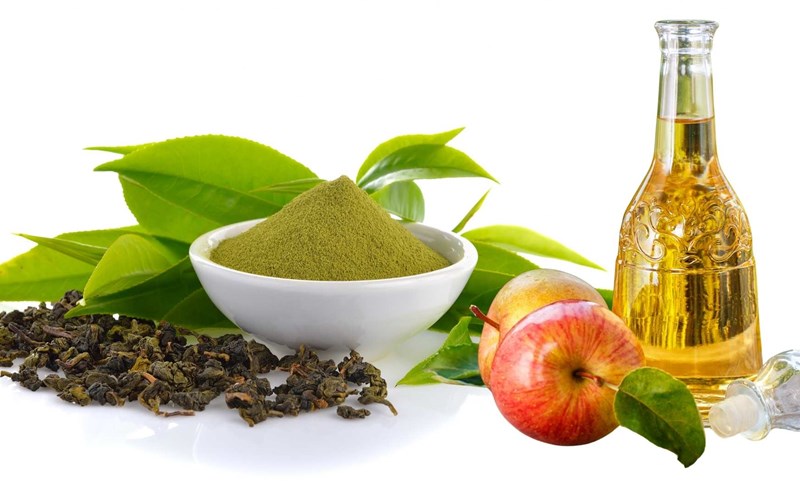Although they are both apples, there is a big difference between eating whole apples and using apple juice.
When eating whole apples, you eat the skin, the apple meat and natural fiber. These parts provide nutritional benefits. An average apple has about 4g of fiber (compared to just 1g of fiber in 240 ml of apple juice). The fiber in apples aids digestion, creates a feeling of fullness, and slows down the release of sugar into the blood.
Meanwhile, apple juice, although listed as 100% pure, has removed most of the fiber and some plant compounds that are beneficial to the body through the processing. As a result, when there is no fiber, juices become a rich source of fructose, which is absorbed very quickly by the body.
Eating whole apples helps the body get enough antioxidants, polyphenols and natural fiber, supporting intestinal health and overall health.
When eating whole apples, chew them slowly, helping to create a feeling of fullness for a long time - thereby better controlling cravings.
Meanwhile, apple juice provides a lot of energy without creating a feeling of fullness, causing the body to take in more sugar than desired, especially for those who have a habit of regularly using juice instead of filtered water.
Not only that, apple juice contains natural sugars that stick to teeth and cause cavities, especially when drunk many times a day.
Meanwhile, even though the whole apple is sweet, the chewing process stimulates saliva secretion, helping to naturally clean the mouth.











